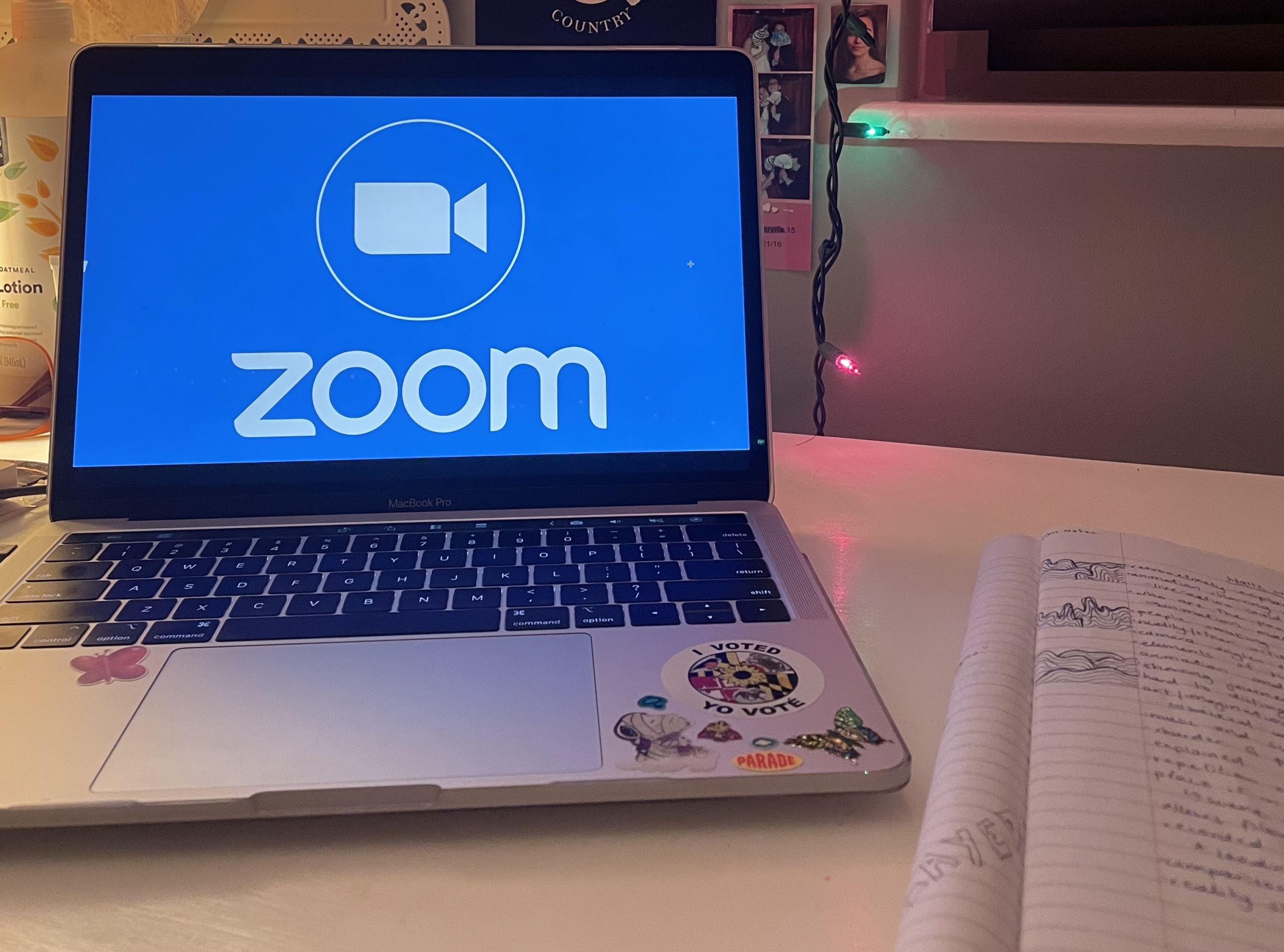Thanksgiving break posts a tricky question for students who live on campus: when should we head home?
It lasts from Wednesday through Sunday the week of Thanksgiving, which feels more like a long weekend than a break. On the Monday and Tuesday before, some students have all their classes, some have all theirs canceled, and some have a mixture.
I found myself in the latter situation, as I do not have any Friday classes, and both my Monday classes did not meet, but I still had one class on Tuesday. It seemed pointless to stay on campus for five extra days just for that one class (which I so far had not been absent from).
Goucher boasts about having students from an array of states and countries (currently 43 states and 28 countries, according to the website home page) but does not do much to support students traveling long distances to get home for breaks.
SGA has stepped in by offering students financial assistance for transport to the airport or Amtrak stations, but again, there has been no help from higher levels of administration.
Making the Monday and Tuesday before Thanksgiving break virtual would give students from out-of-state more time to get home and be with their loved ones.
For many, spending four or five days at home is not worth the hassle of traveling, especially with expensive Thanksgiving fares. Depending on where you are from, a substantial chunk of your break may be spent just traveling.
Zoom classes would give students the option to head home the weekend prior to Thanksgiving, allowing for a full week of time away from campus while not disrupting the academic calendar. Residence halls could remain open until Wednesday as usual, but students would not have to stay that long if they did not want to.
I did some digging on Kayak, and flights from BWI to JFK tend to be around $100 cheaper when you fly out the Friday before Thanksgiving rather than the Tuesday before. Expedia reported that their data found flights the Monday before Thanksgiving to be 15% cheaper than Wednesday departures.
The finance company NerdWallet advised that a longer stay at your destination is one of the cheaper ways to spend Thanksgiving, since it allows the avoidance of peak travel days.
One can imagine that if we have snow or other inclement weather days this year, professors will be advised to hold classes on Zoom rather than canceling. But holding virtual classes is not considered when they would be convenient for students.
Thanksgiving break is the first time some get to see their families since moving in if they are able to travel home. It also falls right around the point in the semester where everyone’s final essay or project deadlines and exams are approaching.
A more accommodating break would help alleviate burnout students face during this busy time, as well as reduce the financial burden on those who need to take a plane, bus or train home.
I sat down for my first virtual class of the semester the Thursday before break, and honestly, I was really excited for it.
While many people, myself included, feel that an in-person college experience is the most effective and preferable mode of learning, the occasional virtual class can be a welcome change to the everyday, mundane course schedule.
It is nice to be able to learn from the comfort of my own room and not have to walk to class facing cold wind gusts. I can move around and fidget more freely, which helps me focus. During breaks, I can make a cup of tea or coffee.
As a student who still wears my mask everywhere, it is nice that virtual classes allow me to learn without wearing one and see all my classmates and professors’ faces. I find it comforting to not worry about catching Covid, the Flu or “Goucher plague” in cramped, mostly unmasked classrooms.
Of course, there’s the argument that students have their cameras off and do not participate, but this happened after being virtual nonstop for over a year. Now that we are in the repetitive cycle of in person classes every day, I’ve noticed a decline in attendance and participation among my peers, as well as an increase in tardiness.
If Goucher truly cares about its students’ mental health and wellbeing, our administration should find ways to make Thanksgiving break a more fulfilling time of rest and innovative solutions to larger burnout problems. Using virtual learning to our advantage is one easy, logical way to do that.

